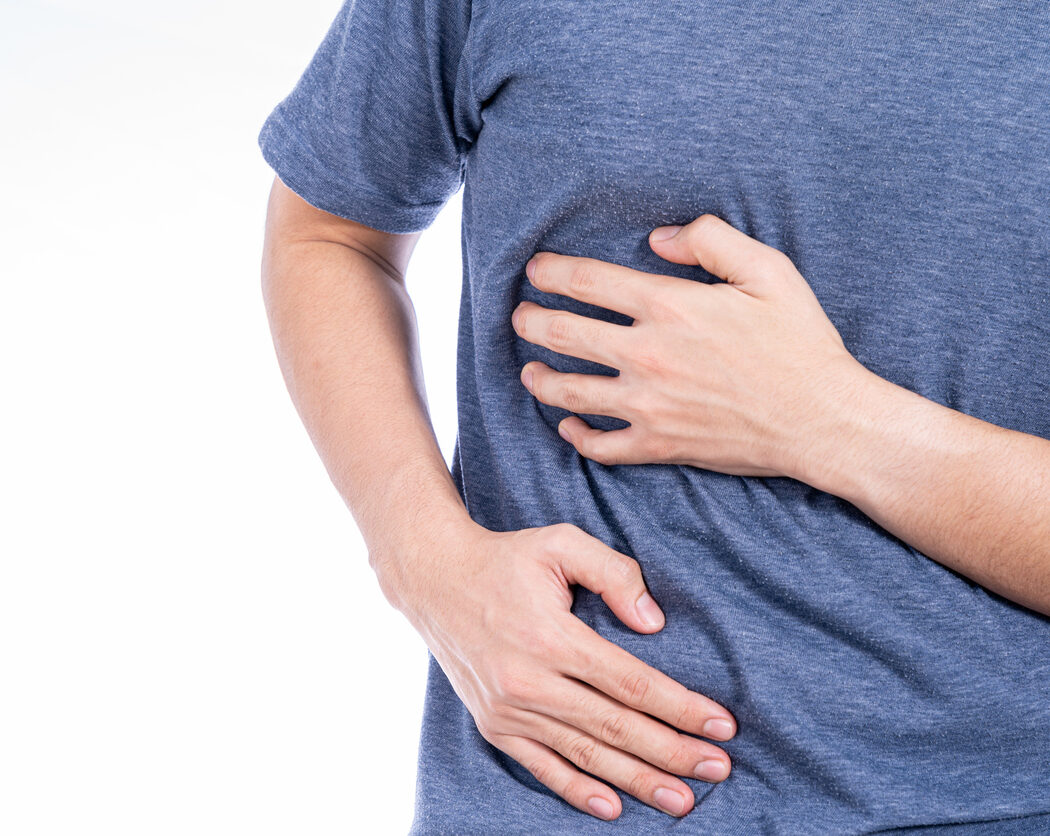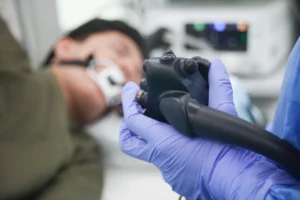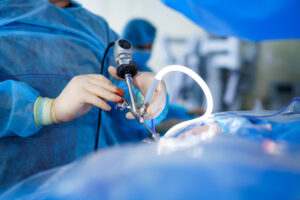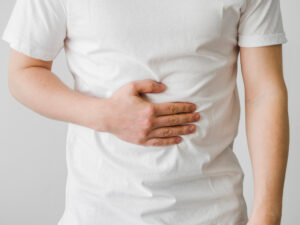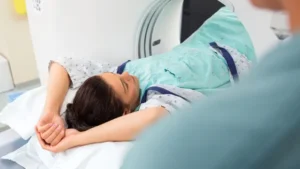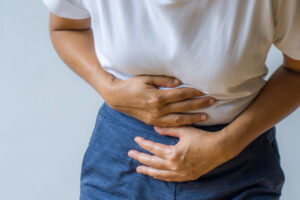Key pointers:
- Fatty liver disease occurs when excess fat builds up in the liver cells.
- In its early stages, the condition can often be reversed through lifestyle changes.
- Weight loss, healthy eating, and regular exercise are key to improving liver health.
- Medical follow-up helps track progress and prevent long-term liver damage.
- A gastroenterologist can guide safe and effective strategies for recovery.
What Is Fatty Liver, and Why Does It Happen?
Fatty liver (also called hepatic steatosis) happens when too much fat accumulates in the liver. It’s increasingly common among adults in Singapore, often linked to diet, lack of physical activity, and metabolic conditions like diabetes or high cholesterol.
There are two main types:
- Non-alcoholic fatty liver disease (NAFLD): Not caused by alcohol, but often related to obesity and insulin resistance.
- Alcohol-related fatty liver disease: Caused by excessive alcohol consumption.
Over time, if untreated, fatty liver can lead to inflammation (steatohepatitis) and even scarring (fibrosis or cirrhosis).
The Good News: Fatty Liver Can Be Reversible
In its early stages, fatty liver disease is reversible, meaning the liver can repair itself if the underlying causes are addressed. The key is timely lifestyle modification and medical monitoring.
When detected early through blood tests or imaging such as ultrasound or CT scans, doctors may recommend a structured plan involving diet, exercise, and follow-up assessments to check for improvement in liver enzymes.
Step 1: Start with Healthy Eating
Your liver’s health begins with what’s on your plate. A balanced diet can significantly reduce fat buildup and inflammation.
Try these simple changes:
- Eat more fruits, vegetables, and whole grains.
- Limit sugar, processed foods, and fried meals.
- Choose lean proteins such as fish, tofu, or skinless chicken.
- Avoid alcohol or sugary drinks.
- Include foods rich in omega-3 (like salmon and walnuts), which may help reduce fat in the liver.
If you have diabetes or high cholesterol, following a diet plan that balances blood sugar and lipid levels is especially important.
Step 2: Move Your Body Regularly
Exercise helps your body burn stored fat, not only from the liver but throughout your body.
- Aim for at least 150 minutes of moderate activity each week, such as brisk walking, cycling, or swimming.
- Add some strength training twice a week to improve metabolism and insulin sensitivity.
Even a modest weight loss of 5–10% of your body weight can make a noticeable difference in liver health.
Step 3: Manage Related Conditions
Fatty liver often occurs alongside other metabolic issues, such as:
- Type 2 diabetes
- High blood pressure
- High cholesterol
Managing these conditions through medication (if prescribed) and regular check-ups helps prevent progression to more serious liver disease.
Step 4: Regular Monitoring and Medical Follow-Up
Improvement can be measured through blood tests that monitor liver enzyme levels (ALT, AST) and imaging scans to assess fat content or fibrosis.
Your gastroenterologist may recommend follow-up visits every few months to evaluate your progress and adjust your treatment plan.
What If Fatty Liver Has Already Progressed?
If inflammation or scarring has begun, lifestyle changes remain essential but may be complemented by medical management. Depending on your condition, your specialist may discuss:
- Medications to improve insulin resistance or control cholesterol.
- Nutritional guidance from a dietitian for sustained weight management.
- Close monitoring to detect early signs of cirrhosis or complications.
Early intervention offers the best chance of preventing irreversible damage.
FAQs About Fatty Liver Recovery
1. Can fatty liver completely go away?
Yes, early-stage fatty liver can be reversed through weight loss, a healthy diet, and regular physical activity. The liver is capable of regenerating when fat accumulation is reduced.
2. How long does it take to reverse fatty liver?
It varies for each person, but improvements may be seen within a few months of consistent lifestyle changes and medical monitoring.
3. Can I take supplements for fatty liver?
While some supplements claim to support liver health, always check with your doctor first. Some may interact with medications or cause unwanted effects.
4. When should I see a gastroenterologist?
If your blood tests show elevated liver enzymes, or if you experience fatigue, abdominal fullness, or unexplained weight changes, it’s best to seek evaluation.
Start Your Liver Recovery
Fatty liver can often be reversed, but only if detected and managed early. Don’t wait for symptoms to worsen.
At GastroClinic, Dr Lin Cui Li, American Board-Certified Gastroenterologist and Hepatologist, provides comprehensive assessment and care for liver-related conditions, including fatty liver disease.
She works closely with each patient to develop a sustainable plan for recovery, from nutrition and lifestyle changes to regular follow-up monitoring.
- 3 Mount Elizabeth, #06-10, Mount Elizabeth Medical Centre, Singapore 228510
- Call us at 6443 8166
- WhatsApp 8040 7375
- Book an Appointment
Concerned about your liver health? Talk to our team at GastroClinic and take the first step toward a healthier future.

